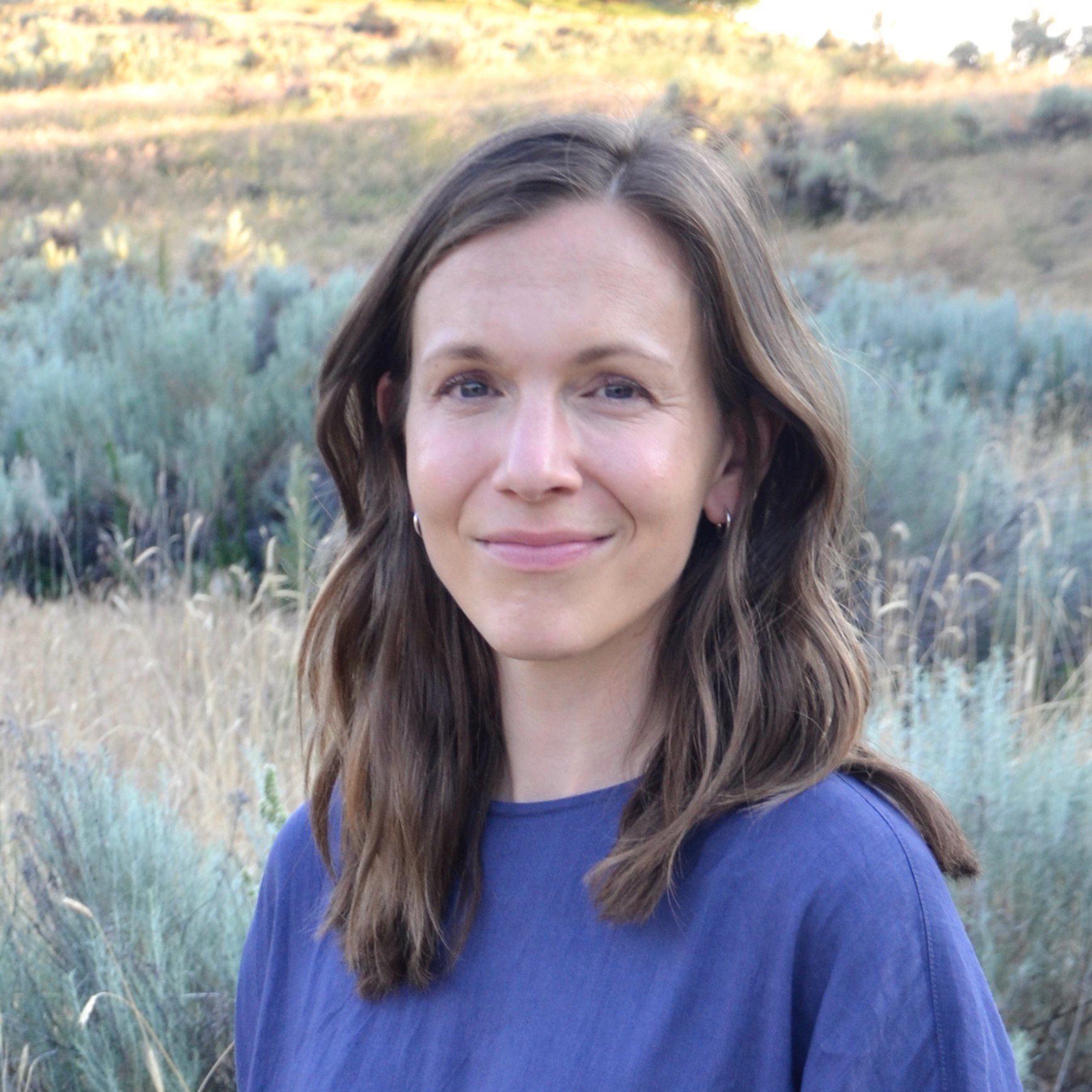The Department of Sociology welcomes Dr. Katie McConnell to UBC this year as an Assistant Professor. Dr. McConnell joins us from Brown University’s Population Studies and Training Center, where she was a Postdoctoral Research Associate.
Her research examines the social dynamics of climate change, with a focus on the intersection of climate hazards, the built environment, and population mobility.


Dr. Katie McConnell
We spoke to Dr. McConnell about her research and what she’s excited about now that she’s at UBC.
Can you tell us about your journey in academia and to UBC?
My interest in research really started a few years out of college, when I had a job coordinating asthma research with a fantastic team based at Queens College in New York City. I worked with academics who were carrying out research with community-based organizations and labor unions, with the aim of improving health for residents – especially people who were exposed to environmental harms in their workplace. This job really opened up my understanding of what research can look like and the kind of impacts it can have outside of universities.
I was motivated to do environmental research that was relevant to the region that I consider home, the Intermountain western part of the U.S., so I pursued an M.E.Sc. and a Ph.D. in an interdisciplinary environmental program. During this time, I ended up focusing my research on wildfires, which are a growing concern in this region.
After finishing graduate studies, I joined Brown University’s Population Studies and Training Center as a postdoc, where I worked with a team of demographers to build migration data from restricted census records. For many of these years as a graduate student and postdoc, I lived and worked remotely in Idaho, which is where I grew up. Outside of my day job, I was involved in local environmental and housing work, which continues to inform my academic interests.
I’m thrilled to have joined UBC Sociology! We have so much strength in environmental sociology and I’m very keen to learn from colleagues working across the many research areas represented in our department.
Could you tell us about your research and what drives it? What types of questions do you attempt to address?
Most of my research right now is focused on climate change-related hazards, their impacts on the built environment, and migration in response to changing environmental conditions. When and why do people move or remain in place as their environment changes? Are certain groups of people more or less likely to move when an environmental disaster occurs? My interest in this area comes from watching the environment I grew up in change pretty dramatically over my lifetime, and larger questions around how to support people who live in places that are increasingly hazardous.
I’m also developing new work focused on moral ideas about hazards. Who is blamed when an environmental disaster results in major building destruction? For multi-causal hazards like wildfires, the answer could include climate change, but also government agencies, utility companies, and individual residents, among others. I also am developing ways to measure perceptions of which residents are deserving of disaster-related government support (and which are not), and ideas about where people should or should not live as climate change impacts become more intense.
What are you currently working on? Do you have any publications recently out or forthcoming?
A big component of my current research is focused on understanding population mobility related to wildfires.
I recently published a collaborative paper that analyzes the effects of wildfire destruction on migration patterns over several decades.
I’m also co-organizing a workshop this fall that will bring together researchers, practitioners, and fire-affected residents to evaluate the idea of planned infrastructural relocation (sometimes called “managed retreat”) in response to fire risk. I’m excited about this event because it will bring people from really different spaces into conversation, including sociology but also more applied practices like architecture, urban planning, social services, and environmental policy.
You’re teaching SOCI 420: Sociology of the Environment this year – can you tell us about the class? What can students expect from you and your teaching style?
My aim is for students to develop a new project or advance an existing project focused on an environmental issue that is personally relevant to them. I think many students are motivated to better understand environmental issues because of experiences they’ve had in a place where they have lived or worked.
The class will be designed for students to apply the sociological tools they’ve been developing to an environmental issue that they choose, which could be something happening here in B.C. or in a different country entirely.
What are some of your favorite things to do in your spare time?
I really enjoy local politics – before moving here, I spent a good amount of time going to neighborhood meetings, public hearings, candidate forums, that sort of thing. I have so much to learn about Vancouver and hope to get a better sense of the city through these kinds of events.
I’m also preparing for a race in October, so am exploring different running routes (and welcome suggestions!).


